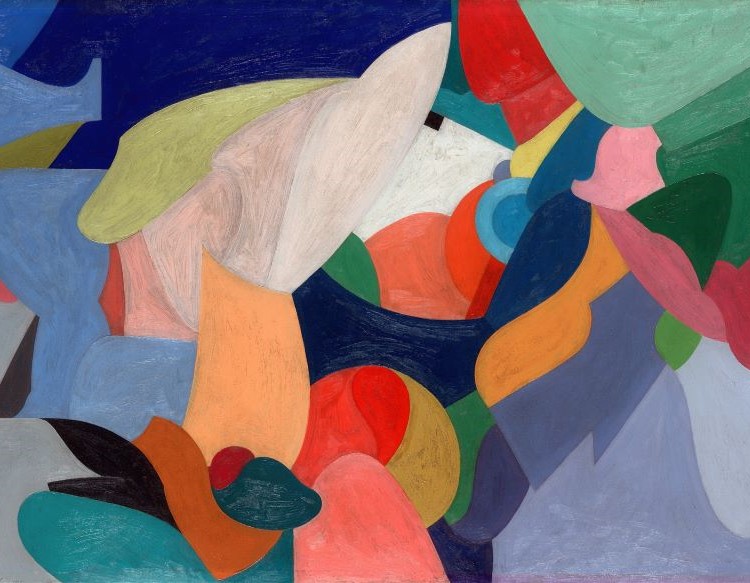by Maria Vaghi
The question, what is consciousness?, simple in its formulation, rightly belongs to the greatest, and sometimes mysterious, inquiries that Humanity has always pondered. Attempting to answer – as we propose in this reflection – does not claim definitive opinions from the Authors but rather aims to engage in a mutual exchange of ideas. The need to argue may be innate in us, even knowing that we are sometimes dealing with aspects that seem challenging to approach through conceptualizations. Nevertheless, it is interesting and necessary to do so, and this enriches our daily journey of exploring the human enigma.
The allure of this journey can be well summarized by the words of some of the Authors who have accepted our invitation.
Federico Faggin reminds us that our future depends on our comprehension of what makes us human within a worldview that unifies the inner and the outer aspects of reality. I believe that there isn’t anything more important to study and comprehend than what gives meaning to existence.
Venerable Robina Courtin makes us think on how our potential – the enlightenment of buddhahood – is the very nature of our mind.
Alexander Berzin emphasizes the concept that understanding that mental activity refers to each person’s individual, subjective experiencing of their life allows us, for instance, to acknowledge and respect each person’s point of view in a dispute. Understanding the components that comprise a moment of our subjective experience enables us to deconstruct the moment (…) and that such deconstruction methods also help us to understand what others are experiencing and to interact with them in a compassionate way.
Historically, the debate on the nature of consciousness is a journey through the intricate perspectives of dualistic and monistic doctrines. Various philosophical views that have developed throughout history have sought to understand the complex relationship between mind and brain.
Professor Ines Testoni, for instance, author of L’ultima nascita – Psicologia del morire e Death Education for Bollati Boringhieri, clearly outlines the essential dichotomy that arises between monistic and dualistic thought. The dualistic perspective, deeply rooted in the Platonic-Cartesian tradition, proposes the existence of two autonomous dimensions: the res cogitans (mind, soul) and the res extensa (matter, body-brain). This dualism has given rise to philosophical currents such as occasionalism, panpsychism, parallelism, and the theory of double aspect.
For example, occasionalism, derived from Cartesian thought, argues that the connection between mind and body is "an occasion willed by God," with implications for the causality between material entities and mental phenomena. In contrast, panpsychism suggests harmony between the physical and spiritual worlds, where each entity is composed of both material and psychic nature.
These dualistic perspectives, which articulate between the interaction and independence of mind and brain, have shaped contemporary epistemological discussions. Among them, concepts such as epiphenomenalism, functionalism, emergentism, connectionism, and interactionism emerge, each with unique approaches to understanding the mind and the brain. The dualism of substances, in particular, maintains a metaphysical foundation that can also influence religious perspectives. It regards the mind as an irreducible reality to the cerebral dimension, thus opening the door to religious doctrines that perceive consciousness as a separate and indelible entity.
As for monistic doctrines, they are mainly divided into two categories: idealism and materialism. On one hand, idealism views the essence of man as mental, connecting the entirety of being to thought. On the other hand, materialism asserts that all being is matter, reducing thought to the brain or even to an electronic processor. Materialism, often associated with Karl Marx, defines thought as identical to the brain (reductionist meaning), considering mental conditions as biochemical processes linked to brain physiology. Physicalism (or materialism), supported by figures like Gilbert Ryle, applies Occam's razor to eliminate the hypostatization of the psychic dimension, proposing a reductionist and eliminative approach to the mind.
In this intricate landscape, currents such as neural Darwinism and neutral monism emerge, each offering its interpretation of the mind-brain relationship. Gerald Edelman and Vernon Mountcastle, for example, analyze neural connections and brain organization through the lens of natural selection, suggesting that the mind is the result of complex adaptive processes.
Neutral monism, on the other hand, challenges reductionism and eliminativism, proposing that reality is constituted by a singular dimension that takes on mental and physical characteristics based on the organization of its elementary components.
The passionate and continuous engagement of the human being with questions about consciousness spans across epochs and remains poignant in its deepest meaning, irrespective of the evolution of available analytical means. This also expresses the vastness of that space of possibilities inherent in the most intimate human nature.
Cover: detail of Disc-Relief (1936), Robert Delaunay (French, 1885-1941) – artvee.com






